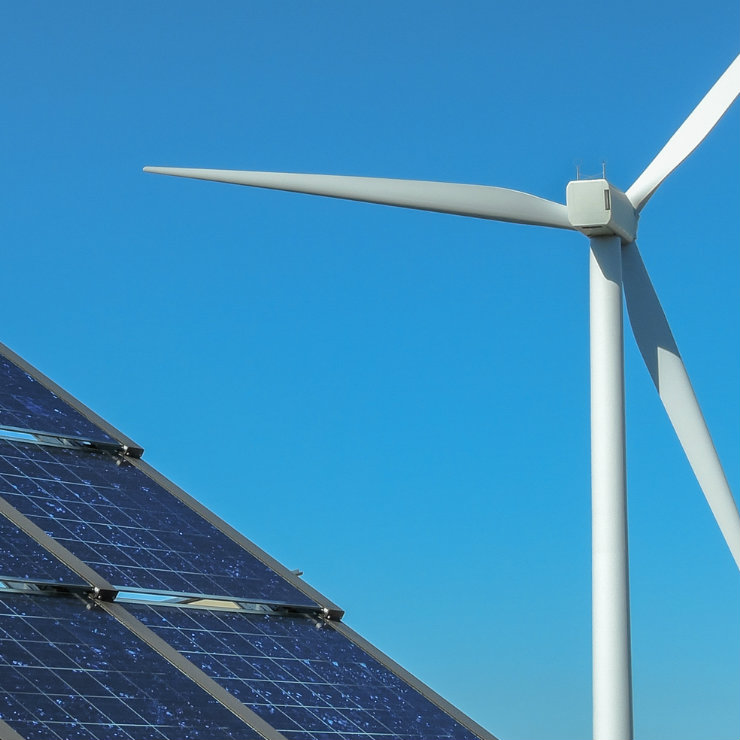
The European Bank for Reconstruction and Development (EBRD) and the government of Albania have agreed to increase support for the development of renewable sources of energy in the country.
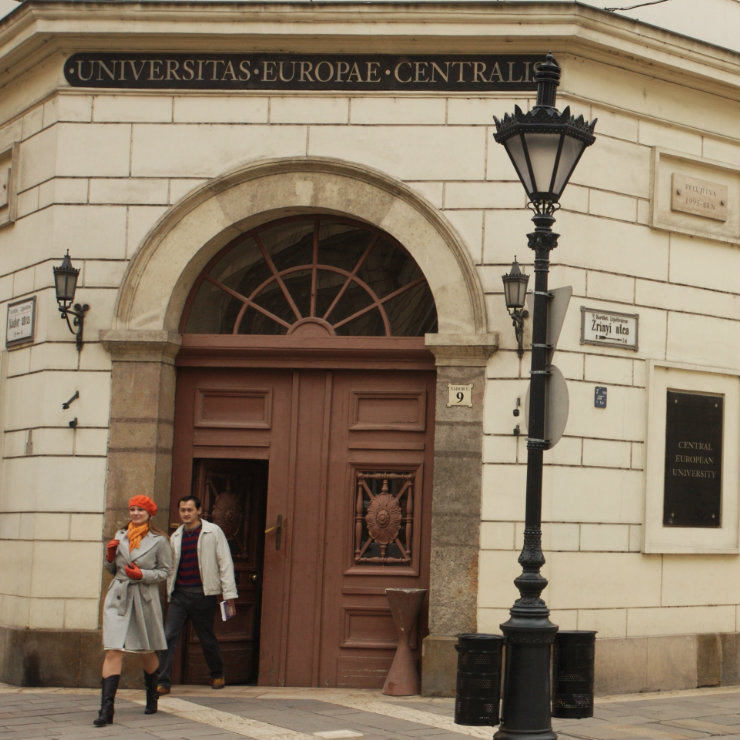
A report by London-based economists at Japanese Nomura suggests that markets have been largely unaffected by the recent political turmoil in Hungary.
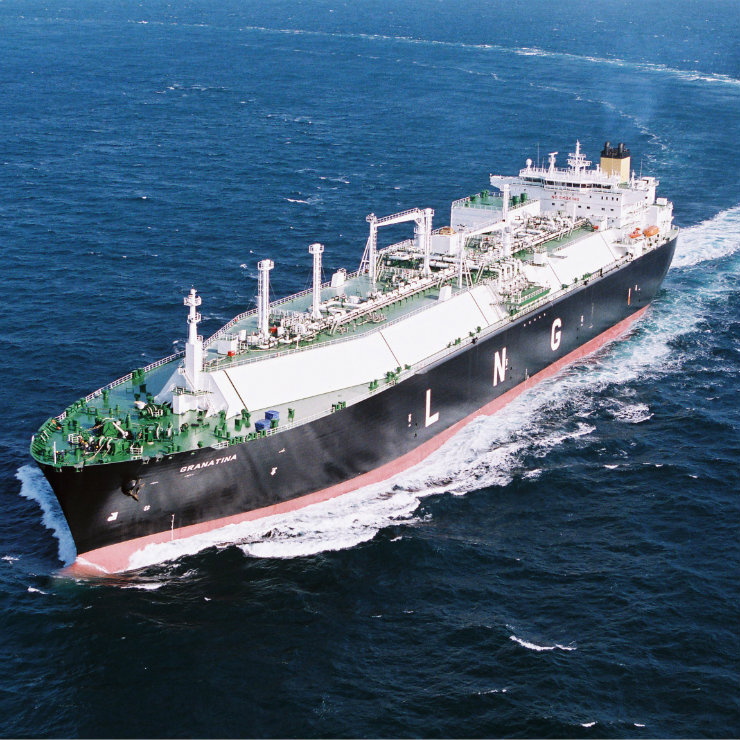
Estonia’s Alexela Group failed to secure EU funding for its planned LNG import terminal in Paldiski in last year's round of EU calls for energy proposals.
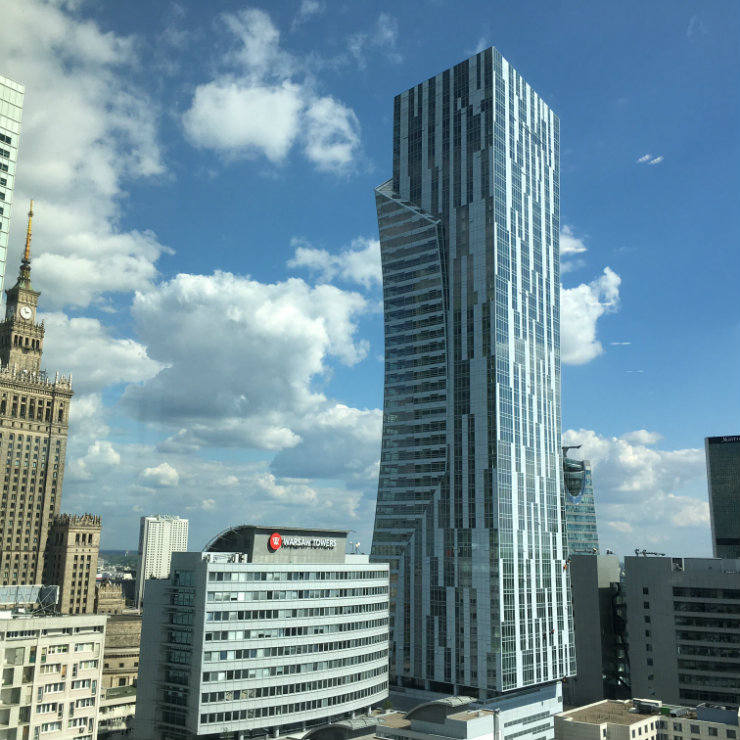
Warsaw with over 5 million square meter (sqm) of modern office space is the largest market in Central Europe, followed by Budapest, Prague and Bratislava, according the a report by Jones Lang LaSalle (JLL).
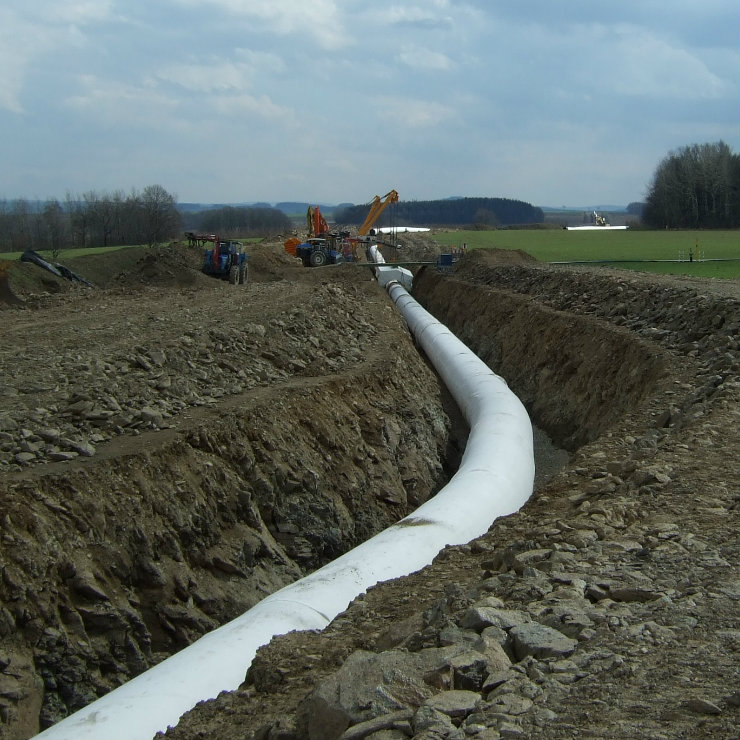
Ukrainian state energy company Naftogaz joined Polish oil and gas firm PGNiG in a court case challenging the EU's decision to give Russia's Gazprom more access to the Opal gas pipeline in Germany.

World Bank warns Romania that it’s not making the most of potential gains from the digital economy, despite an advanced internet infrastructure that enables top broadband speeds.
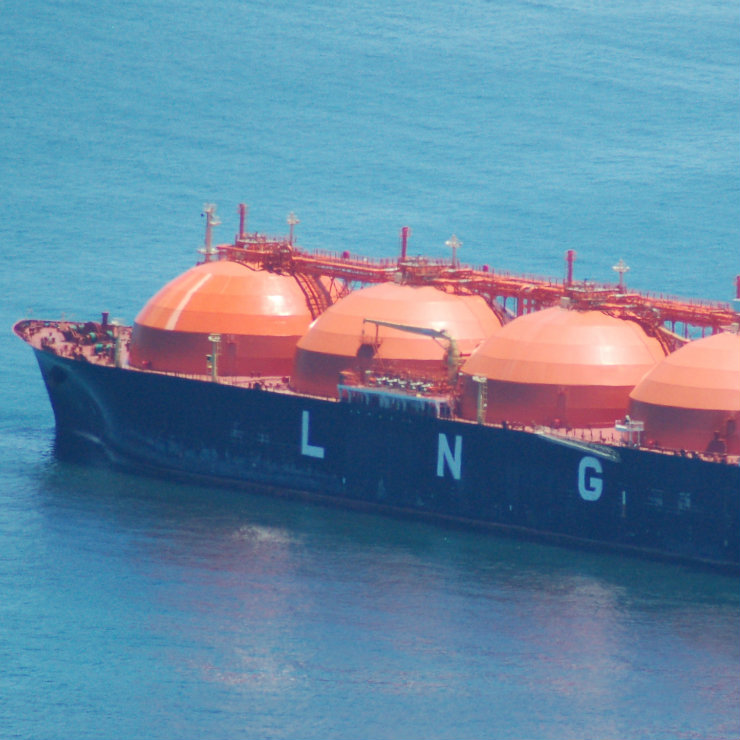
Poland’s deputy Prime Minister, Mateusz Morawiecki, has said it is “very likely” the US liquid gas may in the near future help diversify the nation’s energy sources.

The Hungarian hospitality market saw EUR27.5m of hotel investments in 2016, a large drop from 2015’s EUR76m, according to data published by Cushman and Wakefield.
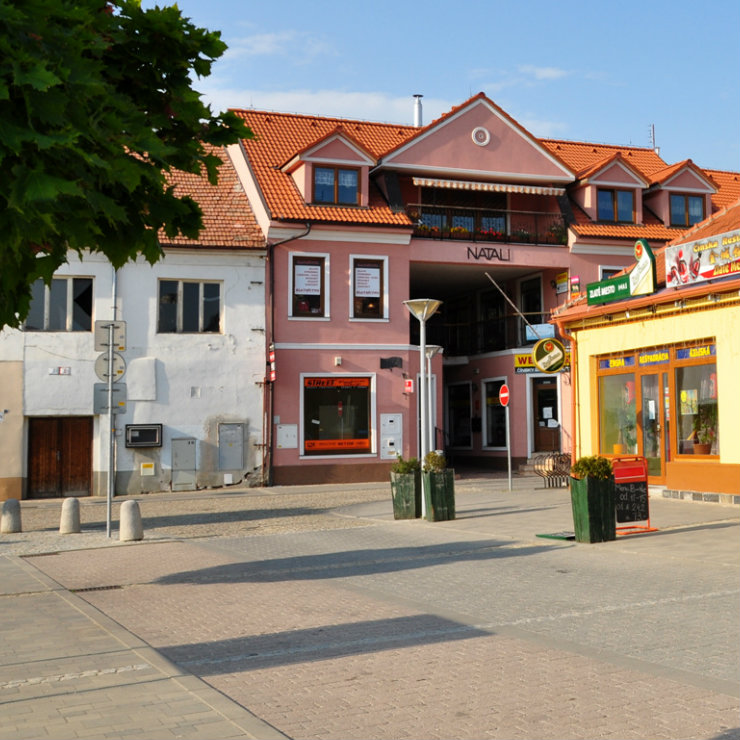
The Slovak government has abandoned its original idea to burden so-called ‘luxury’ real estate with higher tax rates, but plans to make property taxes reflective of the value of real estate, not only based on size.

The Polish automobile market is seeing rapid growth, with several high profile manufacturers moving in this year, with VMI Group, Toyota Motor Europe and International Automotive Components opening their factories.